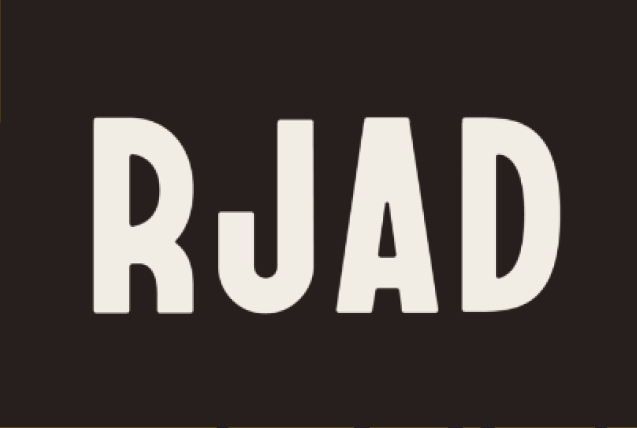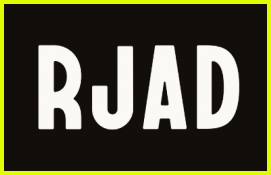Abolition Democracy through Fiction and Nonfiction Literature
Abolition Democracy through Fiction and Nonfiction Literature
About This Class
Description
This course will examine two select novels by Nobel laureate and Pulitzer Prize-winning novelist, Toni Morrison and three contemporary nonfiction works in the social sciences by Reuben Jonathan Miller, Bruce Western, and Danielle Sered. Together, the novels and the nonfiction work embody an intersectional and multidisciplinary to literature and social science as they relate to theories of abolition democracy. Readings are drawn from classic American Fiction, social science research, ethnography and practitioner expertise. An intersectional and cross disciplinary approach will incorporate race, gender, social policy, structural violence, and culture in experiences uniquely shared by Blacks, the Indigenous, and People of Color (BIPOC)—particularly Black people–across the borders of economic status and locality. The fictional and non-fiction narratives encounter and interrogate a broad array of tough circumstances and behaviors: infanticide, romantic relationships, male dominance, white supremacy, interpersonal and institutional violence, family dynamics and tensions, socio-economic conditions, cultural survival, etc. Morrison’s novels are esteemed in the Black American literary tradition and she is among few Black women that hold equal esteem in the larger literary canon. Miller, Western, and Sered have written distinct non-fiction works exploring various aspects of U.S. systems of mass punishment. These works combine to offer narrative framing and empirical evidence that informs a complex perspective on three practices deeply rooted in American culture and society: white supremacy, punishment, and violence.
Topics/ Learning Objectives
This is a seminar. While there will be brief talks and viewing of films or film clips, much of the seminar will be a dialogue between students and instructors. It is essential that you come to class prepared to engage in conversation.
Your interest in your classmates’ thoughts and ideas is appreciated in a seminar. All opinions are valid. There are no silly questions. There are no right or wrong answers—unless we discuss hardcore facts. There is no such thing as a wrong opinion. We can disagree respectfully. It is of utmost importance that we honor one another’s humanity and respect that there may be topics discussed to which some have extreme sensitivity.
Required Material
Find on Bookshop, Online, or your local library
Find on Bookshop, Amazon, or your local library
Find on Bookshop, Online, or your local library
Schedule and Assignments
Expectations and Assessments
Students will be successful if they complete the required reading, attend each course session, and take part in class discussions.
One Reflection paper of 2-3 pages is due each week, beginning with the second session. Each reflection paper must be based on the combined readings for the meeting but should not be a retelling of the readings. The paper should reflect your thoughts after integrating the readings. When writing your reflections, consider current events, your prior perceptions about American Criminal Legal Systems, or a new line of thinking you are developing based on the readings. The reflection must represent your thinking and not merely a summarized repetition of the readings.


